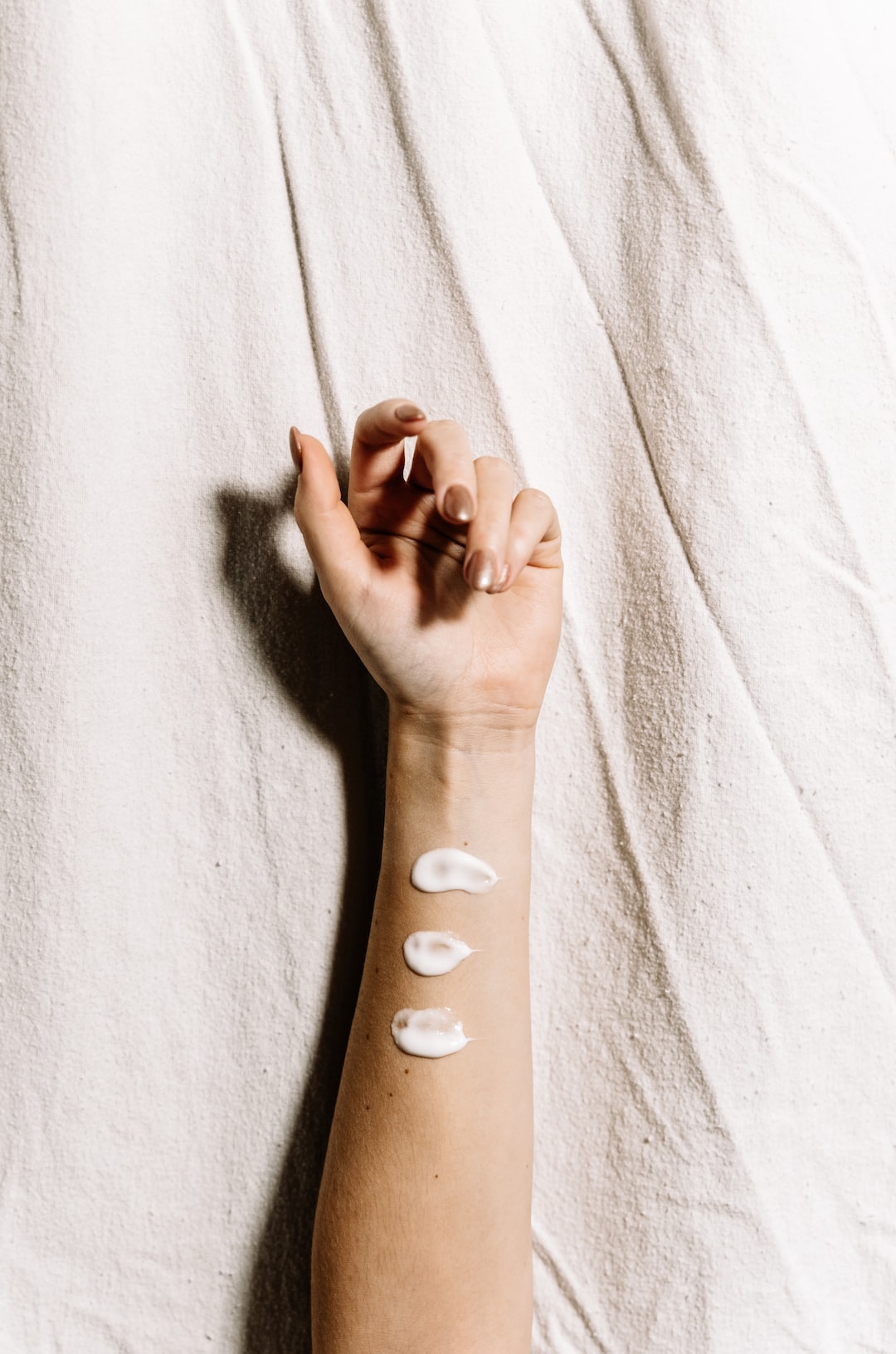Achieving the Perfect Eyebrow Shape: Waxing vs. Threading
Your eyebrows play a significant role in framing your face, enhancing your natural beauty, and expressing your emotions. But how do you achieve the perfect eyebrow shape? In pursuit of the ideal eyebrows, two popular methods have emerged – waxing and threading. Both methods provide effective ways to shape your brows, but they differ in various aspects, such as technique, pain level, and precision. Let’s explore both methods to help you determine which one would be the best fit for you.
Waxing is a widely popular hair removal technique that is also commonly used for eyebrow shaping. It involves applying a warm or cold wax to the unwanted hair and swiftly removing it with a cloth strip. One of the benefits of waxing is its time efficiency. It can be a quick process, making it ideal for those with busy schedules. Moreover, waxing removes hair from the root, which means you’ll have longer-lasting results compared to trimming or tweezing. On average, waxed eyebrows stay beautifully shaped for about three to six weeks.
While waxing does offer its advantages, it can also have some downsides. The process involves the application of hot or cold wax on your delicate eyebrow area, which may cause discomfort or even pain. Some individuals with sensitive skin may experience redness, irritation, or even breakouts as a result of waxing. Additionally, waxing can sometimes remove more hair than intended, leading to uneven or overly thin eyebrows. It’s crucial to find an experienced and skilled esthetician to ensure the best possible results.
On the other hand, threading is an ancient hair removal technique that has been used for centuries, particularly in Eastern cultures. It involves using a thin cotton thread that is twisted and rolled over the unwanted hair, trapping and pulling it out at the follicle level. One of the main advantages of threading is its precision. The thread allows for meticulous shaping, enabling the esthetician to create clean and defined lines. Threading is also a more gentle option for those with sensitive skin since it doesn’t involve any chemicals or heat.
Threading, like waxing, has its own set of cons. The technique can be time-consuming as each hair is individually removed, requiring a skilled practitioner. The pain level during threading is typically lower than waxing, but it can still cause mild discomfort, especially for those with a low pain tolerance. Just like waxing, threading can cause temporary redness or irritation, but it generally subsides quickly.
Ultimately, the choice between waxing and threading for achieving the perfect eyebrow shape boils down to personal preference and individual circumstances. If you desire quick, longer-lasting results and don’t have sensitive skin, waxing may be the best option for you. On the other hand, if you prioritize precision, have a lower pain tolerance, or have sensitive skin, threading might be the superior choice.
Whichever method you choose, it’s crucial to prioritize your eyebrow health. Always go to a reputable salon or esthetician who practices proper hygiene and has the necessary experience. Communicate your desired eyebrow shape clearly to ensure you achieve the perfect result that suits your face shape and enhances your natural beauty.
In conclusion, achieving the perfect eyebrow shape is a personal journey that requires finding the right method and practitioner for you. By weighing the pros and cons of waxing and threading, you can make an informed decision that best suits your preferences, pain tolerance, and individual circumstances. With a little patience and the right technique, you’ll be well on your way to eyebrows that enhance your beauty and confidence.

